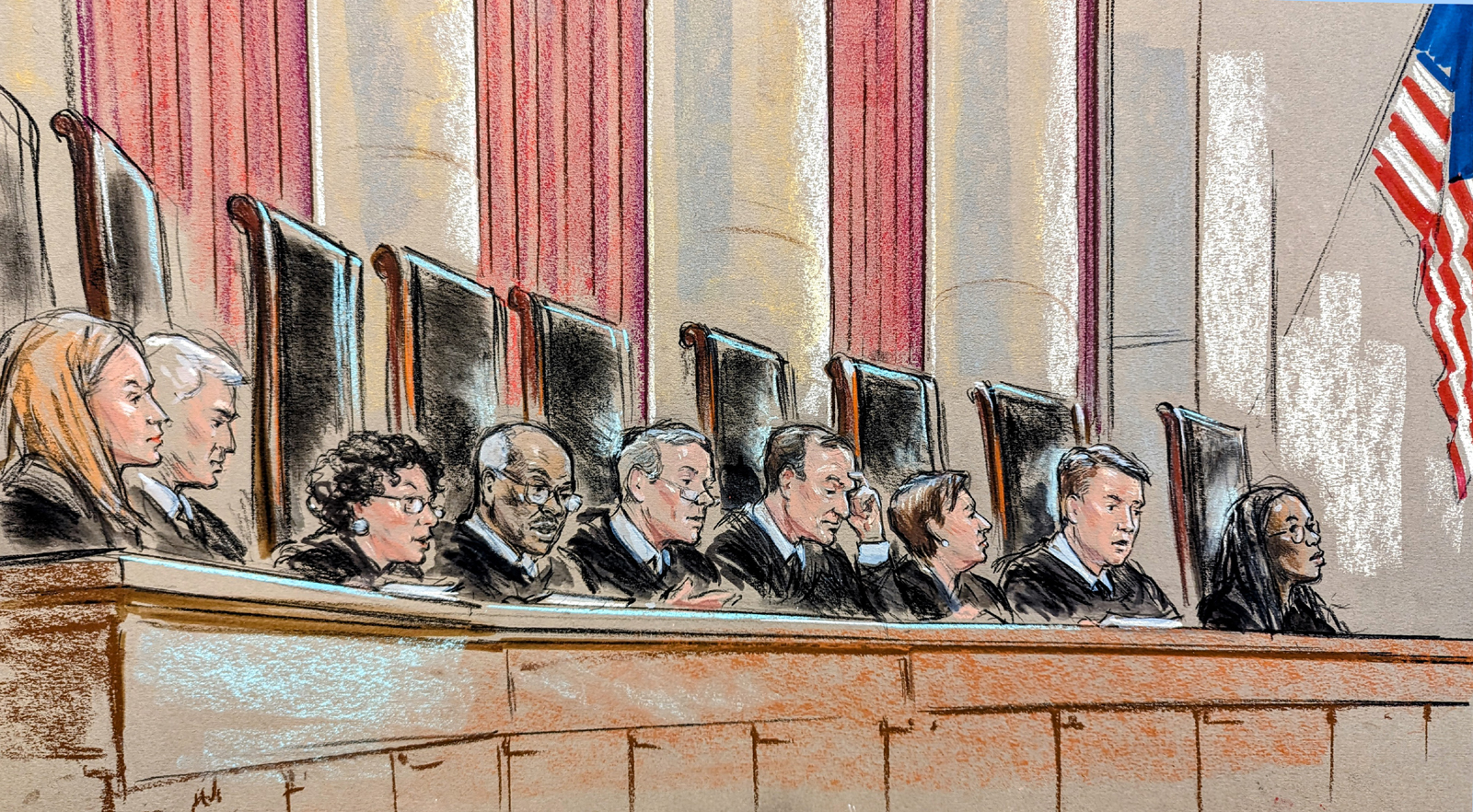Three strikes and you’re out. That’s the saying in baseball when a hitter misses three pitches. Several states have applied that principle to criminal law. When a person commits three crimes, enhanced penalties may be given for the third “strike.” Texas is pioneering whether the same three-strikes principle can be applied to child custody.
The court can punish one parent who blocks another parent’s right to visit the child. Under the three strikes rule, if a parent does this three times, the court can remove that parent as the custodial parent. There are also criminal penalties attached if a parent violates the other parent’s rights. The first offenses are punishable as a Class C Misdemeanor, punishable by a fine of $500. If the offending conduct continues, a third offense may constitute a state jail felony.
This law is intended to ensure that both parents get fair time with their child and that no parent should stop the other from spending time with their child without a court order or good cause. Prior to this law being passed, only non-custodial parents under Texas jurisdiction could be punished for interfering with the parental rights of the custodial parent. Under this new law, custodial parents can also be held responsible for interfering with the parental rights of the non-custodial parent.
What are Three-Strike Laws?
Three-strike laws refer to a series of laws that give alleged offenders mandatory penalties for a third offense. The specific details may differ between states. Some states make three misdemeanors into a felony, and other states may prescribe harsher punishment for a third felony. Factors can include the seriousness of the alleged crimes, the length of time between offenses, and the discretion of the judge. The general principle is designed to mimic the old baseball adage: “three strikes and you’re out.”
Texas is taking the unique step of applying this “three-strike” principle to family law and child custody. The goal is for law enforcement to prioritize repeat offenders so that habitual offenders face real consequences.
Pros and Cons of Three-Strike Laws
Three-strike laws in family law would have similar pros and cons to three-strike laws in criminal courts. The primary goal of such laws is to deter crime. If consistent rule breakers know they will be punished for a third offense, they may avoid committing that third offense. Locking up habitual offenders would improve the overall community and protect victims from potential repeat abuse.
Conversely, three-strike laws may be too harsh. Most people would consider giving defendants a life sentence for a non-violent felony or triple misdemeanors too harsh a sentence. Repeat offenders may not consider the penalties they face before acting, especially if the conduct appears relatively minor, such as shoplifting some clothing.
Family law is a system where one may try to abuse the system to get ahead of the other. If a parent knows there is a surefire way of denying custody to the other parent. A parent who has to reschedule an appointment or drop-off could be accused of “denying access” to the child. These minor “offenses” could be benign to the average person, but could snowball into a total deprivation of rights for a parent. This would also drive up attorney fees as people rush to the courthouse to either accuse the other parent of wrongdoing or have to defend against such unwarranted accusations.
Three-strike laws also focus on punishing “habitual offenders.” While that may be a worthwhile goal in criminal law, the goal of child custody should always be to advance a child’s best interests. It does not help a child to punish one parent for relatively minor offenses, especially since a child, especially a minor child, may blame him or herself for anything that happens to one parent. Children often blame themselves when their parents’ divorce – having a three-strike law may only heighten and manifest those fears.
One of the biggest downsides of three-strike laws is that they remove a lot of discretion by the judge to set a sentence. In the family law context, the goal of the family court judge is not to punish a parent but to promote the best interests of the child.
Do I Need a Lawyer for My Family Law Issue?
If you have difficulty seeing your child as the holidays approach, you should contact a family lawyer today. A skilled family lawyer can answer your questions, provide guidance on your case, and represent your best interests in court.




























